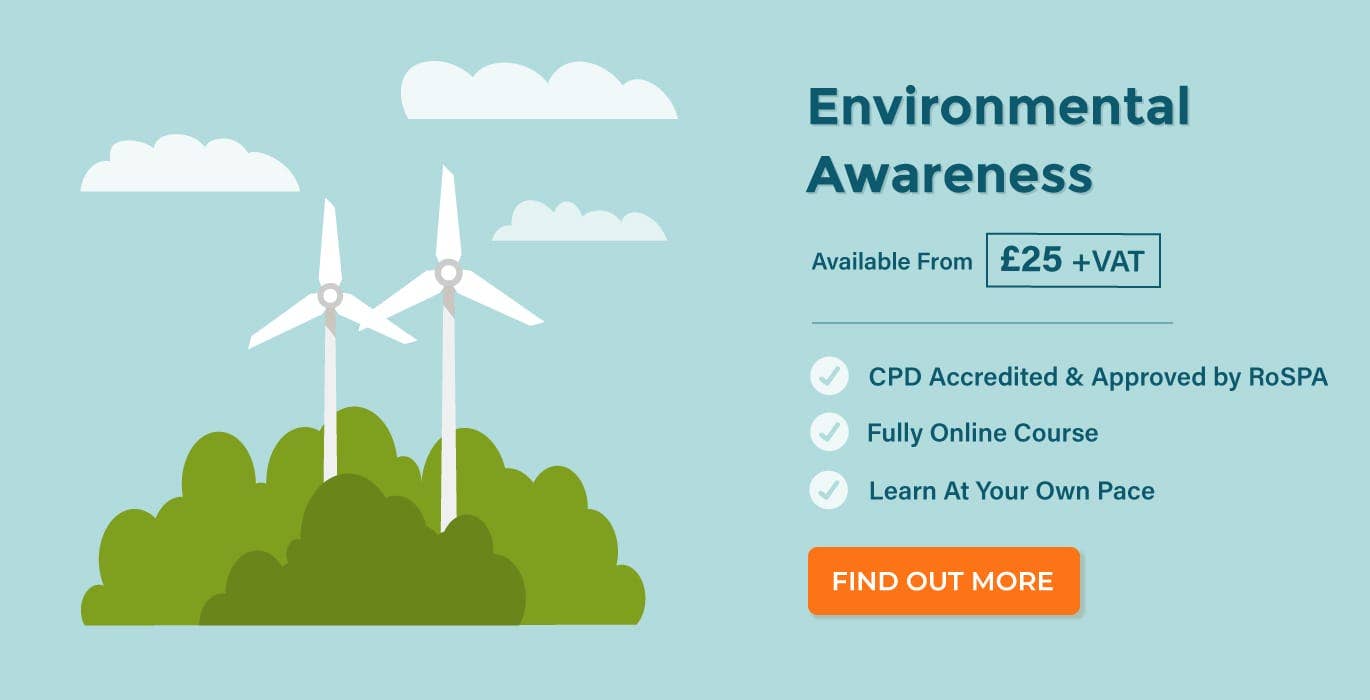In today's world, environmental awareness has become more critical than ever. As the planet faces unprecedented challenges such as climate change, deforestation, and pollution, understanding our role in preserving the environment is essential. This article will guide you through an environmental awareness quiz that will test your knowledge and provide valuable insights into how you can contribute to a sustainable future.
The purpose of this quiz is not only to assess your current level of environmental knowledge but also to educate and inspire you to take action. By the end of this article, you'll have a clearer understanding of the key issues affecting our planet and practical steps you can take to make a difference.
Whether you're a student, professional, or simply someone passionate about the environment, this quiz will challenge you to think critically about your environmental impact. Let's dive in and explore how you can become a more informed and active advocate for the planet.
Read also:Discover The Best Dining Experience At Lambert Restaurant A Culinary Journey
Table of Contents
- Introduction to Environmental Awareness Quiz
- Why Environmental Awareness Matters
- Key Questions in the Environmental Awareness Quiz
- Understanding Climate Change
- The Impact of Pollution on Our Planet
- Practical Solutions to Environmental Challenges
- The Role of Biodiversity in Environmental Health
- The Importance of Environmental Education
- Environmental Statistics and Trends
- Taking Action: How You Can Make a Difference
- Conclusion
Introduction to Environmental Awareness Quiz
Environmental awareness quizzes are designed to assess your understanding of critical environmental issues and encourage you to think critically about your role in protecting the planet. These quizzes cover a wide range of topics, from climate change to pollution, and provide valuable insights into how you can contribute to a sustainable future.
Participating in an environmental awareness quiz is not just about scoring high; it's about gaining knowledge and taking actionable steps toward environmental conservation. By answering questions related to renewable energy, waste management, and biodiversity, you'll deepen your understanding of the challenges facing our planet and discover practical ways to address them.
Why Environmental Awareness Matters
Environmental awareness is crucial because it empowers individuals to make informed decisions that positively impact the planet. When people understand the consequences of their actions on the environment, they are more likely to adopt sustainable practices and advocate for policies that protect natural resources.
Moreover, environmental awareness fosters a sense of responsibility and accountability. It encourages individuals and communities to work together to address global challenges such as climate change, deforestation, and water scarcity. By raising awareness, we can create a collective movement toward a more sustainable future.
Key Benefits of Environmental Awareness
- Promotes sustainable living practices
- Encourages community engagement and collaboration
- Supports the development of eco-friendly policies
- Reduces the environmental footprint of individuals and organizations
Key Questions in the Environmental Awareness Quiz
An effective environmental awareness quiz should cover a variety of topics to provide a comprehensive assessment of your knowledge. Below are some key questions that you might encounter in such a quiz:
Climate Change and Renewable Energy
- What are the primary causes of climate change?
- Which renewable energy sources are most effective in reducing carbon emissions?
- How can individuals reduce their carbon footprint?
Pollution and Waste Management
- What are the main sources of air and water pollution?
- How can we reduce plastic waste and promote recycling?
- What is the impact of industrial pollution on ecosystems?
Understanding Climate Change
Climate change is one of the most pressing environmental issues of our time. It refers to long-term changes in temperature and weather patterns, primarily caused by human activities such as burning fossil fuels, deforestation, and industrial processes. These activities release greenhouse gases like carbon dioxide and methane into the atmosphere, trapping heat and causing global temperatures to rise.
Read also:Exploring Chaturbate Online A Comprehensive Guide To Live Streaming And Digital Entertainment
According to the Intergovernmental Panel on Climate Change (IPCC), global temperatures have increased by approximately 1.1°C since the pre-industrial era. This warming trend has led to severe consequences, including rising sea levels, more frequent extreme weather events, and disruptions to ecosystems.
Effects of Climate Change
- Melting polar ice caps and glaciers
- Increased frequency and intensity of hurricanes and storms
- Shifts in agricultural patterns and food production
The Impact of Pollution on Our Planet
Pollution is a major threat to the environment, affecting air, water, and soil quality. Air pollution, caused by emissions from vehicles and industries, contributes to respiratory diseases and global warming. Water pollution, often resulting from industrial waste and agricultural runoff, contaminates freshwater sources and harms aquatic life. Soil pollution, caused by improper waste disposal and chemical use, reduces agricultural productivity and threatens biodiversity.
According to the World Health Organization (WHO), air pollution alone is responsible for an estimated 7 million premature deaths annually. Addressing pollution requires a multifaceted approach, including stricter regulations, technological innovations, and public awareness campaigns.
Practical Solutions to Environmental Challenges
While environmental challenges may seem overwhelming, there are many practical solutions that individuals and communities can implement to make a difference. Below are some effective strategies:
Reduce, Reuse, Recycle
Adopting the "3Rs" approach can significantly reduce waste and conserve resources. By reducing consumption, reusing items, and recycling materials, you can minimize your environmental footprint and promote sustainability.
Support Renewable Energy
Transitioning to renewable energy sources such as solar, wind, and hydropower is essential for reducing carbon emissions and combating climate change. Supporting policies and technologies that promote renewable energy can accelerate this transition.
The Role of Biodiversity in Environmental Health
Biodiversity refers to the variety of life on Earth, including plants, animals, fungi, and microorganisms. It plays a crucial role in maintaining the balance of ecosystems and providing essential services such as clean air, water, and food. However, biodiversity is under threat due to habitat destruction, climate change, and overexploitation of natural resources.
Protecting biodiversity requires a combination of conservation efforts, sustainable land use practices, and international cooperation. By preserving natural habitats and promoting biodiversity-friendly policies, we can ensure the long-term health of our planet.
The Importance of Environmental Education
Environmental education is key to raising awareness and inspiring action. It equips individuals with the knowledge and skills needed to address environmental challenges and promotes a culture of sustainability. Schools, communities, and organizations play a vital role in providing environmental education through workshops, campaigns, and hands-on activities.
Research shows that individuals who receive environmental education are more likely to engage in eco-friendly behaviors and advocate for environmental policies. By investing in education, we can create a generation of environmentally conscious citizens.
Environmental Statistics and Trends
Data and statistics provide valuable insights into the state of the environment and the effectiveness of conservation efforts. Below are some key statistics:
- Global carbon dioxide emissions reached a record high of 36.8 billion metric tons in 2021.
- Approximately 8 million tons of plastic waste enter the ocean each year.
- Deforestation accounts for about 10% of global greenhouse gas emissions.
Understanding these trends is essential for developing effective strategies to address environmental challenges. By analyzing data and identifying patterns, policymakers and scientists can create targeted solutions to protect the planet.
Taking Action: How You Can Make a Difference
Individual actions, when combined, can have a significant impact on the environment. Below are some ways you can contribute to a sustainable future:
Adopt Sustainable Practices
- Reduce energy consumption by using energy-efficient appliances and turning off lights when not in use.
- Minimize water usage by fixing leaks and installing water-saving devices.
- Choose eco-friendly products and support companies that prioritize sustainability.
Get Involved in Community Initiatives
Participate in local clean-up events, tree planting activities, and environmental advocacy campaigns. By working together, communities can achieve greater impact and inspire others to join the cause.
Conclusion
In conclusion, environmental awareness quizzes are a powerful tool for educating individuals and promoting sustainable practices. By testing your knowledge and providing valuable insights, these quizzes encourage you to take action and make a positive impact on the planet.
Remember, every small step counts. Whether it's reducing waste, supporting renewable energy, or participating in community initiatives, your efforts contribute to a healthier and more sustainable future. We invite you to share this article, participate in the quiz, and join the global movement toward environmental conservation. Together, we can make a difference!

